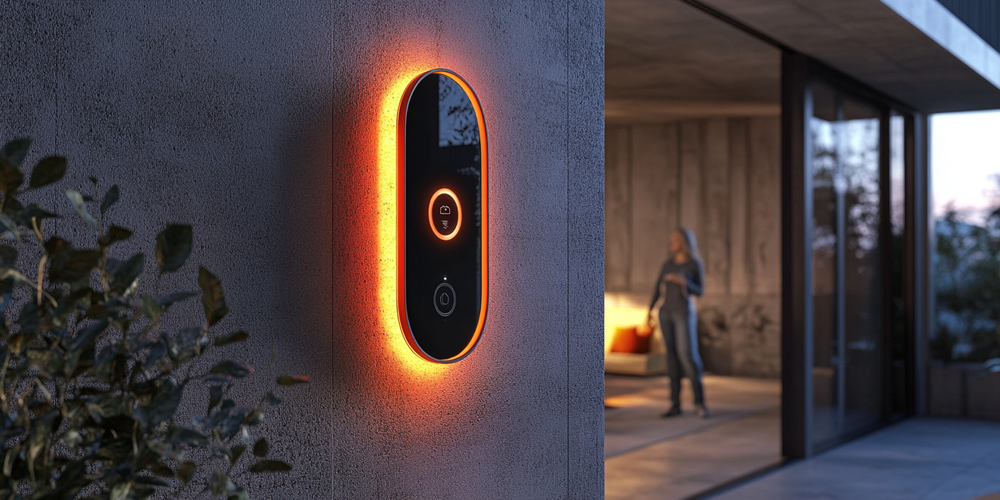Apple Develops Doorbell with Face ID: A Leap in Home Security
Apple is reportedly working on an innovative smart doorbell equipped with Face ID technology, signaling its expansion into the home security market. This potential breakthrough merges cutting-edge technology with practical functionality, aiming to redefine how homeowners secure their properties.
The Concept: A Smart Doorbell with Face Recognition
Apple’s proposed doorbell leverages its proprietary Face ID technology, already renowned for its use in iPhones and iPads. The device would use advanced facial recognition to identify visitors at the doorstep, offering several key benefits:
- Enhanced Security: Recognizes and logs known individuals, alerting homeowners of unrecognized faces.
- Personalized Responses: Tailors responses based on the visitor's identity, such as leaving specific messages for family members or regular delivery personnel.
- Hands-Free Access: Allows trusted individuals to unlock doors without physical keys or codes.
Features and Innovations
1. Seamless Integration with Apple Ecosystem
The doorbell is expected to integrate seamlessly with Apple’s ecosystem, connecting to HomeKit, iPhones, and Apple Watches. Users could receive real-time notifications, view live video feeds, and interact with visitors remotely via the Home app.
2. Advanced AI-Powered Face Recognition
Apple’s Face ID uses TrueDepth technology, which maps facial features in 3D, ensuring highly accurate recognition. This capability could make the device more reliable than traditional motion-activated or basic video doorbells.
3. Privacy-Centric Design
Apple’s commitment to user privacy suggests that facial data would be encrypted and processed locally, not stored in cloud servers. This approach aligns with the company’s broader focus on protecting user information.

Benefits for Homeowners
1. Increased Security
With the ability to recognize faces and detect anomalies, the doorbell could act as an advanced security measure, alerting users to potential threats or suspicious activity.
2. Convenience and Automation
Paired with smart locks, the doorbell could enable automated access control, allowing homeowners to unlock doors for known visitors without needing to be physically present.
3. Personalized Experience
Integration with Siri could provide voice-activated controls, while HomeKit automation might enable custom actions, such as turning on porch lights when a visitor is detected.
Challenges and Considerations
1. Cost
Given Apple’s premium pricing strategy, the doorbell may be more expensive than competitors, potentially limiting its market reach.
2. Compatibility Issues
While the device would likely integrate well with Apple products, its utility for non-Apple users might be limited, potentially deterring adoption outside the Apple ecosystem.
3. Privacy Concerns
Despite Apple’s privacy-first approach, some users may remain wary of facial recognition technology, citing concerns about misuse or unauthorized access.
Competition in the Market
Apple’s entry into the smart doorbell market pits it against established players like Ring, Nest, and Arlo. These companies already offer robust video doorbells with features such as motion detection, two-way audio, and cloud storage. Apple’s differentiation lies in its advanced Face ID technology and seamless ecosystem integration, which could attract loyal Apple users.
What This Means for the Future
If successfully launched, Apple’s Face ID-enabled doorbell could set new standards for home security devices, inspiring competitors to adopt similar technologies. It also highlights a growing trend toward AI-powered, privacy-centric solutions in smart home devices.
Conclusion
Apple’s rumored smart doorbell represents a bold step forward in home security, combining innovation, convenience, and privacy. While challenges remain, its integration with Apple’s ecosystem and use of advanced facial recognition technology position it as a potentially transformative product in the smart home market.
As the world becomes increasingly connected, Apple’s foray into home security is a clear indication of the company’s commitment to redefining everyday experiences through technology.



















